The rise of remote work has fundamentally changed how businesses operate, making efficient and secure financial management more critical than ever. Cloud accounting software has emerged as a powerful tool that supports remote teams, improves collaboration, and enhances data security. In this comprehensive guide, we’ll discuss the benefits of cloud accounting for remote teams, highlighting key features of popular platforms like Xero and QuickBooks.
The Rise of Remote Work
Remote work has become increasingly common, driven by advancements in technology and changes in work culture. The COVID-19 pandemic accelerated this trend, forcing many businesses to adapt to a remote-first model. As a result, tools that facilitate remote collaboration and management have become indispensable.
Benefits of Cloud Accounting for Remote Teams
-
Accessibility and Flexibility
One of the most significant benefits of cloud accounting is the ability to access financial data from anywhere, at any time. This flexibility is crucial for remote teams who need to collaborate and stay updated on financial matters regardless of their location.
- Real-Time Access: Cloud accounting software allows team members to access and update financial data in real-time, ensuring everyone has the most current information.
- Multi-Device Support: Users can log in from various devices, including laptops, tablets, and smartphones, providing flexibility to work from home, the office, or on the go.
Example: A marketing agency with team members spread across different locations uses QuickBooks to manage their finances. Team members can log in from their respective locations to update expenses, generate invoices, and review financial reports.
-
Improved Collaboration
Cloud accounting software facilitates seamless collaboration among remote team members. Multiple users can access the system simultaneously, making it easier to work together on financial tasks.
- Role-Based Access: Assign different access levels to team members based on their roles, ensuring that sensitive financial data is only accessible to authorised personnel.
- Real-Time Updates: Changes made by one team member are instantly visible to others, reducing the risk of miscommunication and errors.
Example: A startup in London uses Xero to manage its accounts payable and receivable. The finance team can collaborate in real-time, with each member updating transactions and reconciling accounts without delay.
-
Enhanced Data Security
Data security is a top priority for businesses, especially when dealing with sensitive financial information. Cloud accounting software providers invest heavily in security measures to protect data from breaches and unauthorised access.
- Encryption: Data is encrypted during transmission and storage, ensuring that it remains secure.
- Regular Backups: Automatic backups protect against data loss, allowing businesses to restore their information in case of a disaster.
- Compliance: Cloud accounting platforms comply with industry standards and regulations, providing additional peace of mind.
Example: An e-commerce business uses QuickBooks, which offers robust security features, including two-factor authentication and data encryption, ensuring their financial data is safe from cyber threats.
-
Cost Efficiency
Cloud accounting software can be more cost-effective than traditional accounting systems. With cloud solutions, businesses save on the costs of purchasing, installing, and maintaining hardware and software.
- Subscription Model: Pay-as-you-go subscription models allow businesses to scale their usage based on their needs without significant upfront investment.
- Reduced IT Costs: Cloud providers handle software updates, maintenance, and security, reducing the need for in-house IT support.
Example: A small consultancy firm switches to Xero, reducing their IT costs as the cloud provider handles all software updates and security measures, allowing the firm to focus on its core business activities.
Key Features of Popular Cloud Accounting Platforms
- Xero
Xero is a popular cloud accounting platform known for its user-friendly interface and robust feature set. It is particularly favoured by small and medium-sized businesses.
- Invoicing: Create and send professional invoices, and track payments.
- Bank Reconciliation: Automatically import and reconcile bank transactions.
- Expense Tracking: Capture and categorise expenses, and manage receipts.
- Multi-Currency Support: Handle transactions in multiple currencies, which is useful for businesses with international clients.
- Integration: Integrates with over 800 third-party apps, enhancing its functionality.
Example: A digital agency in London uses Xero to manage client billing, reconcile bank transactions, and generate financial reports, streamlining their accounting processes.
- QuickBooks
QuickBooks is another leading cloud accounting platform, offering comprehensive tools for managing finances. It is widely used by businesses of all sizes.
- Invoicing and Payments: Create customised invoices, accept online payments, and automate payment reminders.
- Expense Management: Track expenses, attach receipts, and categorise transactions.
- Payroll: Integrated payroll processing with automatic tax calculations.
- Reporting: Generate detailed financial reports, including profit and loss statements and balance sheets.
- Mobile App: Access financial data and perform accounting tasks on the go with the QuickBooks mobile app.
Example: A construction firm uses QuickBooks to manage payroll, track project expenses, and generate financial reports, ensuring accurate and efficient financial management.
Conclusion
Cloud accounting software offers numerous benefits for remote teams, including improved accessibility, enhanced collaboration, robust data security, and cost efficiency. Platforms like Xero and QuickBooks provide powerful tools to streamline financial management, making them ideal choices for businesses adapting to remote work.
At Adroit, we specialise in helping London businesses leverage cloud accounting software to enhance their financial management. Contact us today to book your free consultation and learn how we can support your business’s transition to cloud accounting.
Book your free consultation now by clicking here.
For more information on cloud accounting and its benefits, explore these additional resources:
- Xero: Benefits of Cloud Accounting
- QuickBooks: Cloud Accounting Software
- Investopedia: What is Cloud Accounting?
By adopting cloud accounting software, your remote team can achieve greater efficiency, collaboration, and security in managing your business finances. Let us guide you through this transition and ensure your financial processes are optimised for success.

